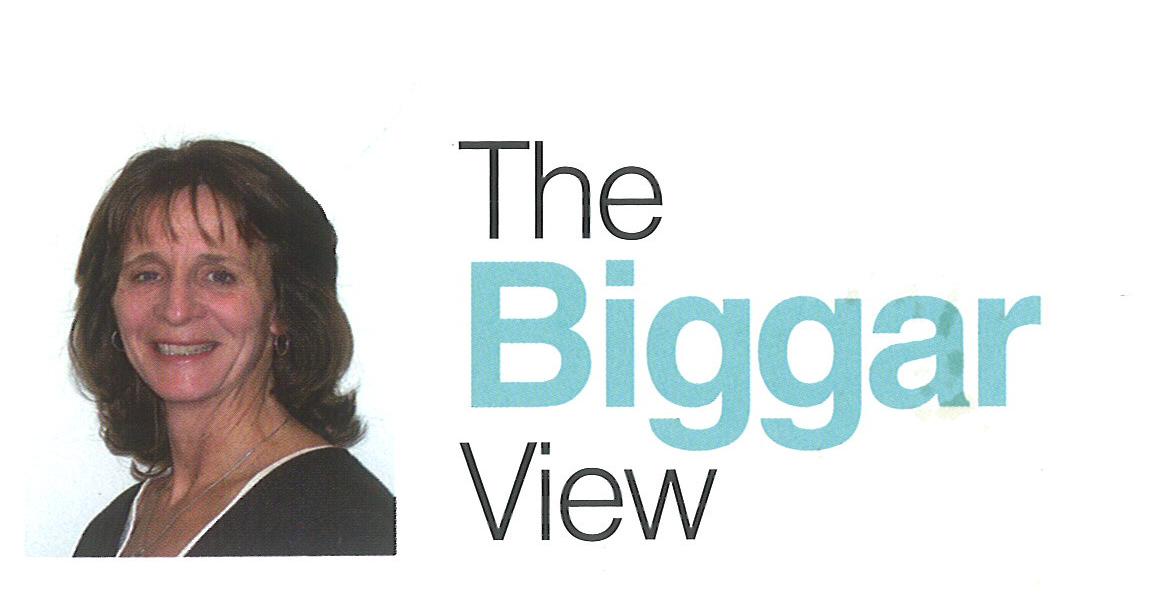 A diagnosis of cystic fibrosis brings many challenges to a family. One of the most difficult for me in my eldest son’s first year of life was the sense that life had dropped me into a battle that I hadn’t chosen and felt ill-equipped to fight. The total lack of control over my life was oppressive for many months. I now look back on that as my ‘fatalistic period.’
A diagnosis of cystic fibrosis brings many challenges to a family. One of the most difficult for me in my eldest son’s first year of life was the sense that life had dropped me into a battle that I hadn’t chosen and felt ill-equipped to fight. The total lack of control over my life was oppressive for many months. I now look back on that as my ‘fatalistic period.’
Fatalism is probably one of the initial stages of grief. If we choose to move through it—and most of us do—then luckily there are many things we can do to slow the destructive cycle of cystic fibrosis. And we do them every day: physio, enzymes, antibiotics, etc. While CF obviously has an impact, it cannot rob us of all power to influence and improve our lives and the lives of those we love.
In fact, as patients and families we actually have far more power for influence and change than we realize. At the recent CF Conference here in Melbourne I quoted a doctor I once knew who had worked in respiratory medicine for over forty years. He said: ‘During my career I have seen enormous changes in the quality of cystic fibrosis care. Most of those changes were pushed through by parents and adults with CF.’
A decade has passed since my conversation with this doctor. I can still feel powerless at times and anxious about ‘rocking the boat’ with clinicians and others in the CF world that my kids and family really need. But I know these same people are often frustrated by the resource and other limitations placed on them by either their own hospitals or the health system. And that’s what should embolden us. As patients and families we can sometimes carry more weight with our elected representatives and hospital executives than the healthcare professionals themselves. We have a unique and strong voice bringing years of wisdom and often an intricate knowledge of what works and doesn’t work for patients and families in healthcare.
At the conference in August there were several excellent presentations on issues like ‘Quality Improvement: What patients and families can do’ and ‘Raising the bar on funding CF research in Australia’. While these were useful, they spoke in generalities. I found many people in the lay community were left saying ‘Yes, okay, but what can we actually DO to speed up CF research or to improve quality of CF care?’
I thought I would try to offer some suggestions:
- Whether you are an adult living with CF, or a family with a child with CF, work with your hospital to set up a CF Patient/Family Advisory Group, where patients and families can offer help and become involved in all aspects of decision-making about the delivery of health services to people living with CF.
- Support the Australian CF Data Registry, and support efforts to make the data transparent so that everyone knows who’s doing well, helping all of us move towards best practice. Try to convince the members of the health care team that this will help them to achieve their objectives of better results, working with them for more resources.
- Many CF programs throughoutAustraliaare currently being peer-reviewed. Get behind this positive initiative by offering to be involved in any improvement work or patient and family committees that might be formed as a result.
- Raise funds for CF research and offer to participate in studies and trials. Encourage the health care team to be ready to put in the small amount of extra work involved in joining a clinical trial.
Remember that the hospitals are on our side, but they often work under enormous constraints. Let’s work positively with them to lessen those. It may be a cliché, but we really can make a difference.
